|
News Release
From: Agriculture and Agri-Food Canada June 12, 2020 (Ottawa, Ontario): COVID-19 has caused significant changes and adaptation in Canada’s food system. As a result, Canadian food producers, processors, and manufacturers have taken on unexpected and exceptional activities associated with risk mitigation measures to be able to maintain Canada’s food production. That is why the Government of Canada is taking steps to ensure the resilience of the food supply chain and to provide support to keep the agriculture sector strong. The Honourable Marie-Claude Bibeau, Minister of Agriculture and Agri-Food, today launched the $77.5 million Emergency Processing Fund (EPF) as part of the Government of Canada’s action to support Canadians and businesses facing hardship as a result of COVID-19. The program will prioritize projects based on two objectives:
From: Consumers' Association of Canada
May 24, 2020 The Consumers’ Association of Canada (CAC) is an official observer of our made in Canada supply management system that has served Canadian Consumers well during this difficult period. Says CAC President Bruce Cran, “We have been monitoring dairy prices and availability since the crisis started and I am pleased to say both have remained stable from coast to coast. Well done CDC and all the stakeholders who make our supply management system for dairy a success.” Allocation of CUSMA’s dairy TRQs: Viability of Canada’s dairy sector at stake
May 27, 2020 Canada’s dairy processors, already hurt by lost business due to recent international trade agreements and COVID-19, are warning the federal government that the continued viability of the dairy sector is at stake if CUSMA dairy import licences (known as tariff rate quotas, or ‘TRQs’) are allocated to non dairy stakeholders. The federal government has promised to fully and fairly compensate dairy processors for their losses stemming from trade agreements, but so far no such compensation has been offered except for a relatively small program announced in 2016 in the context of the trade agreement with the Europe Union (EU). Dairy processors have been steadfast in advocating for a two-fold approach to mitigate these losses:
Dairy processing is carried out in every province by small, medium and large enterprises that provide valuable employment and economic benefits in the largely rural communities they serve. More than 10,000 farms rely on Canada’s 417 dairy processing plants to take their milk and process it into hundreds of nutritious staples, from milk, yogurt and ice cream to butter and award-winning cheeses. As the dairy sector is already reeling from the impact of COVID-19, allocating CUSMA’s TRQs to non-dairy stakeholders that have no vested interest in the dairy sector, as the federal government did in 2017 through the trade agreement with the EU, will only bring further disruptions to an already fragile domestic market. Unlike non dairy stakeholders, dairy processors have invested billions in the Canadian dairy industry in the last 10 years through expansion, plant upgrades, and products innovation. If the vast majority of CUSMA’s TRQs is allocated to dairy processors, it will:
The unexpected early implementation of CUSMA on July 1st, meanwhile, will prove unnecessarily disruptive to the Canadian dairy sector. As the dairy processing industry cautiously looks forward to the country’s economic recovery from COVID-19, now is not the time to further disrupt Canada’s supply-managed dairy marketplace by giving a share of CUSMA-related TRQs to stakeholders that have no vested interest in value creation in the dairy sector. The future of Canadian dairy farmers and processors is intricately tied to the success of the Canadian dairy sector as a whole -- from farm to table. And, Canadian dairy processors need the vast majority of CUSMA’s dairy TRQs to help it remain viable and meet the enormous challenges that lie ahead. DÉCLARATION DES QUATRE ASSOCIATIONS DE TRANSFORMATEURS LAITIERS SUR LA COMPENSATION AU SECTEUR LAITIER Répartition des contingents tarifaires laitiers de l’ACÉUM: la viabilité du secteur laitier canadien en jeu Le 27 mai 2020 Les transformateurs laitiers du Canada, déjà touchés par la perte de marché en raison des récents accords commerciaux internationaux et de la COVID-19, avertissent le gouvernement fédéral que la viabilité du secteur laitier est en jeu si les licences d'importation laitiers (connues sous le nom de contingents tarifaires ou «CT») de l’Accord Canada–États-Unis–Mexique (ACEUM), sont attribuées à des acteurs non laitiers. Le gouvernement fédéral a promis d'indemniser pleinement et équitablement les transformateurs laitiers pour leurs pertes résultant des accords commerciaux, mais jusqu'à présent, aucune compensation n'a été offerte à l’exception d’un programme de faible envergure annoncé en 2016 dans le contexte de l’entente commerciale avec l’Union européenne (UE). Les transformateurs laitiers n’ont cessé de plaider en faveur d'une approche en deux volets pour atténuer ces pertes:
La transformation laitière est effectuée dans chaque province par des petites, moyennes et grandes entreprises, qui procurent de précieux emplois et d’importantes retombées économiques dans les collectivités en grande partie rurales qu'elles desservent. Plus de 10 000 fermes comptent sur les 417 usines de transformation laitière du Canada pour l’achat du lait cru et sa transformation en centaines d'aliments nutritifs de base tels que du lait de consommation, du yogourt, de crème glacée, du beurre et des fromages de grande renommée. Comme le secteur laitier est déjà sous le choc de l'impact de la COVID-19, l'attribution des contingents tarifaires de l’ACÉUM à des acteurs non laitiers qui n'ont pas d’intérêt direct dans le secteur laitier, tout comme le gouvernement fédéral l'a fait en 2017 avec l'accord commercial avec l'UE, ne fera que perturber davantage un marché intérieur déjà fragile. Contrairement aux intervenants non laitiers, les transformateurs laitiers ont investi des milliards de dollars dans l'industrie laitière canadienne au cours des dix dernières années sous forme d'expansion, de modernisation des usines et de nouveaux produits novateurs. Si la très grande majorité des contingents tarifaires de l’ACÉUM leur est allouée, les transformateurs laitiers pourront : ● Assurer la stabilité du marché laitier canadien, ● Introduire une variété de produits importés à des prix compétitifs qui complètent, plutôt que remplacent, les produits fabriqués à partir de lait canadien. La mise en œuvre inattendue de l’ACÉUM dès le 1er juillet perturbera de façon significative le secteur laitier canadien. Alors que l'industrie de la transformation laitière envisage avec prudence une reprise économique du pays après la COVID-19, le moment n'est certainement pas venu de créer encore davantage de turbulence dans le marché laitier canadien soumis à la gestion de l'offre en accordant une part des contingents tarifaires de l'ACÉUM aux intervenants qui n'ont aucun intérêt à la création de valeur dans le secteur laitier. L'avenir des producteurs et des transformateurs laitiers canadiens est intimement lié au succès du secteur laitier canadien dans son ensemble, de la ferme à la table. Les transformateurs laitiers canadiens ont besoin de la très grande majorité des contingents tarifaires laitiers de l’ACÉUM pour les aider à demeurer viable et relever les énormes défis qui pointent à l’horizon. From: Agriculture and Agri-Food Canada News release May 15, 2020 – Victoria, British Columbia – Agriculture and Agri-Food Canada Agriculture, seafood, and food processing businesses in British Columbia can begin to access consulting and planning services to help with COVID-19 response and recovery, through a program offered by the federal and provincial governments. The latest intake of the B.C. Agri-Business Planning Program is now open to applications and expanded to include aquaculture and seafood companies to develop COVID-19 business recovery plans. B.C. agriculture, seafood and food processing business owners are encouraged to apply if their revenues have decreased by at least 30% as a result of COVID-19. The funding available includes up to $5,000 in business planning services and coaching for individuals, and up to $20,000 for groups, from a qualified business consultant, to develop an immediate and long-term recovery plan. Eligible applicants may also apply to the specialized business planning stream of the program to further strengthen their business. Funding for the B.C. Agri-Business Planning Program is provided through the Canadian Agricultural Partnership. The partnership is a five-year federal-provincial-territorial agreement that includes $2 billion in cost-shared strategic initiatives delivered by the provinces and territories, and $1 billion for federal programs and services through March 2023. The new activities related to fish, seafood and aquaculture companies are not eligible for funding under the Canadian Agricultural Partnership. Funding for activities related to fish, seafood and aquaculture companies will be provided by the B.C. Ministry of Agriculture through the B.C. Agri-Business Planning Program. Quotes "The Government of Canada is working around the clock, along with the provinces and territories, to respond to the impacts of COVID-19 on farmers and food businesses. This investment will help B.C. farmers and processors who are experiencing income loss steer the course to recovery and continue to put high-quality food on our grocery store shelves and kitchen tables for years to come." - The Honorable Marie-Claude Bibeau, federal Minister of Agriculture and Agri-Food "This a difficult time for all Canadians and that includes B.C. farmers, ranchers, seafood, and food processors. I have been working with my federal colleague on ways to help people who are experiencing income loss through the pandemic, and the expansion of the B.C. Agri-Business Planning Program is a result of this commitment. We will continue to look at ways to help our industry grow the high-quality local food that we depend on." - Lana Popham, B.C.'s Minister of Agriculture Associated links
Contacts Jean-Sébastien Comeau Press Secretary Office of the Minister of Agriculture and Agri-Food [email protected] 343-549-2326 Media Relations Agriculture and Agri-Food Canada Ottawa, Ontario 613-773-7972 1-866-345-7972 [email protected] Follow us on Twitter: @AAFC_Canada Like us on Facebook: CanadianAgriculture Dave Townsend Government Communications and Public Engagement Ministry of Agriculture 250-889-5945 NEWS PROVIDED BY
The Office of the Prime Minister May 5, 2020 (Ottawa, Ontario): In uncertain times, it is more critical than ever for Canadians to have access to good, high quality, and nutritious food. That is why the Government of Canada is taking steps to support the farmers and businesses who provide Canadians with the food they need to keep themselves and their families healthy. The Prime Minister, Justin Trudeau, today announced important measures within agriculture programs and an investment of more than $252 million to support farmers, food businesses, and food processors who provide essential services to Canadians every day by ensuring a safe and reliable food supply. He also announced that the government intends to propose an additional $200 million in borrowing capacity for the sector. The Government of Canada will provide targeted support to farmers, ranchers, agricultural producers, and food processors by:
The Government of Canada recognizes all workers across our food supply chain who provide an essential service to our country. We will continue to monitor and respond to the wide-ranging impacts of COVID-19, and take additional actions as needed to protect the health and safety of Canadians, and stabilize the economy. Quotes “Canadians count on farmers and producers to provide them with the food they need to feed themselves and their families. Today, we are giving them the support they need to keep their workers safe and food systems running during this challenging time, for the benefit of all Canadians.” - The Rt. Hon. Justin Trudeau, Prime Minister of Canada “The COVID-19 pandemic has had a profound impact on Canadians in all communities and in all sectors of the economy. With this announcement, we are giving agricultural producers and food processors more resources to adapt to the many challenges brought on by the COVID-19 pandemic and, above all, to keep workers safe. Canada’s agricultural sector is interconnected. So the new investments we are making will have a positive impact up and down the production chain.” - The Hon. Bill Morneau, Minister of Finance “I want to reassure all our farmers and agri-business owners across the agri-food industry that our government fully understands that they are essential to our communities and that we are fully engaged to help them through this unprecedented period. We are grateful for the dedication of our hard working food workers – from the farm to the retail store – every day to ensure we continue to have food on our family tables. This support will help food producers and processors to continue providing the food Canadians need, and help ensure food availability for all Canadians in these uncertain times.” - The Hon. Marie-Claude Bibeau, Minister of Agriculture and Agri-Food Quick Facts
NEWS PROVIDED BY
Dairy Farmers of Canada (DFC) Apr 29, 2020, 14:37 ET OTTAWA, April 29, 2020 /CNW/ - The Dairy Farmers of Canada and the Dairy Processors Association of Canada confirm today, that not only were parliamentarians misled by the Trudeau Government, but they too were misled on the date of implementation of Canada-United States-Mexico Agreement (CUSMA). As such they echo the concerns expressed by the Honourable Don Plett, Leader of the Opposition in the Senate, who indicated he had a commitment from the government on the date. The dairy sector had secured the support of parliamentarians to have the Canada-United States-Mexico Agreement (CUSMA) come into force in conjunction with the beginning of the dairy year (August 1, 2020). This would have allowed the sector a full 12-months of exports per the negotiated concession for year-one threshold limit on key dairy products, before being constrained by the significant reduction conceded in year two of the agreement. As part of CUSMA, Canada not only transferred to the US part of our domestic dairy production, but it also agreed to self imposed limits on exports of key dairy products. "Our government was first out of the gate to give notice to the other parties that it was ready to implement CUSMA. The dairy sector was informed at the last minute and judging by the reaction from the opposition parties, we weren't alone in this being a complete surprise," said Jacques Lefebvre, CEO of Dairy Farmers of Canada. The Trudeau government proceeded to reassure the sector said Mathieu Frigon, President of Dairy Processors Association of Canada, "It told us not to worry, Canada had to send a signal to the US administration that it was committed to CUSMA, but that both the US and Mexico were nowhere close to being able to give notice, thus we shouldn't be concerned about an early implementation date". The impact of yet another concession on dairy to the US on the part of the federal government is significant. By coming into force before the start of the dairy year on August 1, 2020, the first-year export cap and access volume will apply immediately and for just a few weeks before a significantly lower second-year export cap is triggered, and significantly more volume is imported into Canada. That means an almost 40% reduction in exports being imposed on the Canadian dairy sector as we are focused on ensuring a continued supply of fresh, local dairy products for Canadians. For dairy producers and processors the early implementation by one month of CUSMA is estimated to represent up to $100 million in losses. Furthermore, the sector will need to contend with an additional $330 million in annual perpetual losses as a result of the lost market share. ABOUT DAIRY FARMERS OF CANADA Dairy Farmers of Canada is the national policy, lobbying and promotional organization representing Canadian dairy producers. DFC strives to create stable conditions for the dairy sector in our country. It also seeks to maintain policies that promote the sustainability of Canadian dairy production and promote dairy products and their health benefits. ABOUT THE DAIRY PROCESSORS ASSOCIATION OF CANADA The Dairy Processors Association of Canada is Canada's national industry association representing the public policy and regulatory interests of the Canadian dairy processing industry. DPAC's members represent some of the most recognized brands in Canada, providing work to over 23,000 Canadians and contributing $17.3 billion to the national economy. SOURCE Dairy Farmers of Canada (DFC) For further information: MEDIA CONTACTS: Lucie Boileau, Director of Communications, Dairy Farmers of Canada, [email protected], 613-220-1724; Amélie Baillargeon, Coordinator, Public Affairs and Operations, Dairy Processors Association of Canada, [email protected], 613-232-7242 ext. 104 On April 24, 2020, the United States notified Canada and Mexico of the completion of its domestic ratification procedures for the Canada-United States-Mexico Agreement (CUSMA). Canada and Mexico have already provided their notifications (on April 2 and April 3, respectively). According to the CUSMA text, which specifies that the Agreement is to enter into force on the first day of the third month following the last notification, the entry into force date would be July 1st, 2020.
With three years under our belt as a regional association, we have been working with provincial Milk Boards, with governments at all levels and with other dairy industry associations to give voice to the collective interests and views of our members. This has included active participation with, and support to, the federal government in the negotiation of the dairy-specific provisions of major international trade agreements, working with the Canadian Dairy Commission to develop and refine policy responses to a changing marketplace and pursuing industry-wide solutions to regional issues through collaboration with the Western Milk Pool. This newsletter will provide you with highlights from industry activities, news that affects dairy processors, feature articles on our members, and more. Feedback and suggestions for future topics are always welcomed by our editor, whose contact information is provided below. We plan to publish our newsletter bimonthly, so look for our next issue in July. Getting Ready for Implementation of the Canada-United States-Mexico Trade Agreement On April 2, 2020, Canada notified the United States and Mexico of the completion of its domestic ratification process with respect to the Canada-United States-Mexico Agreement (CUSMA). With this action, Canada became the first country to provide its notification under the trade agreement. Mexico followed shortly thereafter. Will British Columbia Include Milk Containers in its Plastics Strategy? British Columbia’s Ministry of Environment and Climate Change Strategy completed its consultation on the proposed Plastics Action Plan at the end of September. Among the proposals British Columbians were asked to comment on, is the removal of an exemption for used milk containers from the province's deposit/refund system, as one measure to increase recycling rates. In addition, input was sought on proposals to ban certain single-use plastic products and to set minimum recycled-content requirements for plastic packaging. A formal announcement is expected this spring. Dairy Innovation WestOn November 20, 2019 the Western Milk Pool announced the creation of Dairy Innovation West (DIW), a new venture that will own a raw milk concentrating plant in Alberta. The new facility will have the capacity to accommodate up to 300 million litres per year, producing concentrated milk components for utilization throughout western Canada. DIW is owned by the four western Milk Boards and will be operated by Vitalus Nutrition Inc. For more information, click here. Canadian Dairy Commission (CDC) gets a new ChairFederal Agriculture Minister Marie-Claude Bibeau has named Bob Ingratta as the commission’s chairperson for a term ending Dec. 16, 2021, replacing Alistair Johnston. Mr. Ingratta worked in Ottawa for six years (2001-07) as vice-president for regulatory and international affairs with Monsanto Canada, prior to joining the BC Milk Marketing Board as CEO in 2011, where he served until 2017. Minister Bibeau also reappointed Jennifer Hayes for a three-year term as CDC commissioner. Ms. Hayes, first named as a commissioner in 2017, is a dairy and beef producer at Shigawake in Quebec’s Gaspe region and has served as the CDC’s Acting Chair since August 2019. Comprehensive Review of the Allocation and Administration of Tariff Rate Quotas for Dairy, Poultry and Egg Products – Phase IIOn May 10, 2019, Global Affairs Canada (GAC) launched the first phase of the comprehensive review of the allocation and administration of Canada’s tariff rate quotas (TRQs) for dairy, poultry and egg products. The first phase of consultations included provincial and territorial governments and covered the entire range of industry stakeholders and key trading partners, which resulted in GAC receiving approximately 200 submissions and holding over 60 meetings with stakeholders... Notice to Plan B Butter Manufacturers from the Canadian Dairy Commission (CDC) Regarding Repurchase Date of Plan B ButterOn February 12, 2019 the Canadian Dairy Commission announced that Plan B Butter manufactured on or after January 1, 2020 will retain the repurchasing rule that was applicable at the end of 2019 which allows this product to remain in CDC’s inventory for a maximum of one (1) year from the date of production of each lot. In addition, Plan B will be open for the 25 kilos butter format (up to a maximum of 1,500 tons). Companies requiring further information may contact Virginie Robert, Chief, Commercial Operations and Marketing at the CDC at (613) 222-8344. Storage Assistance for Cheese ProgramAs decided at a recent CMSMC meeting, the CDC re-established the Storage Assistance for Cheese Program. The Program Guide can be found here: Storage Assistance for Cheese January 2020.pdf Food Processing Skills Canada Labour Market Information SurveyFood Processing Skills Canada (FPSC) is a not-for-profit workforce development and skills organization specifically focused on Canada's food and beverage manufacturing industries. FPSC has launched its latest Labour Market Information survey, which will provide vital information on workforce and skills requirements in the food processing sector, including information specific to the dairy industry. We encourage you to take a few minutes to complete the survey using the following links: 2020foodprocessorsurvey.ca (English); sondage2020destransformateursdesaliments.ca (French) The results of the LMI survey will be helpful in your long-term human resources and workforce planning. MEMBER PROFILE: Foothills CreameryFoothills Creamery has been proudly making butter and ice cream products since 1969. Over its proud 50-year history, this Calgary-based family business has grown and evolved and has remained at the forefront of the latest and greatest flavours, new trends and changing demands among butter and dessert lovers of all ages. Foothills Creamery sources local cream, and proudly employs nearly 70 people... SAVE THE DATES!The COVID-19 pandemic has forced the cancellation or postponement of events and gatherings throughout the world. This is equally true of the Canadian dairy industry. We had been planning to profile several upcoming events and professional development opportunities for our members but as of now all of these events have been postponed. Please stay tuned for updates. IDF International Cheese Science & Technology Symposium – postponed until 2021 WDC 2020 Golf tournament – postponed Alberta Pasteurizer Operator Licensing course – postponed until further notice Industry Forums One of WDC’s key roles is to provide processor representation at industry forums and mandated advisory committees such as the Milk Industry Advisory Committee (MIAC) and the Specialty Production Advisory Committee (SPAC) in BC, the Dairy Advisory Committee (DAC) in Alberta and the Canadian Dairy Commission’s Processor Advisory Committee (PAC). These committees are an essential link between dairy processors and the various policymaking and regulatory authorities that govern processors’ businesses, providing opportunities to exchange information and resolve policy issues as they arise. In future editions of this newsletter, we’ll explain the work of these committees in greater detail. Mandate of the Regional Advisory CommitteesOne way to have greater input into industry affairs is to participate in Western Dairy Council’s Regional Advisory Committees. Did you know that there are three Regional Advisory Committees (RAC) within WDC? The British Columbia, Alberta and Manitoba/Saskatchewan RACs meet on an ongoing basis to bring forward the perspectives and concerns of member companies within their respective jurisdictions, and to provide the Board with provincial input into regional and national issues where appropriate. If members have issues or topics they want to raise with the WDC Board, provincial Marketing Boards or the Western Milk Pool, they can go through their local RAC. To contact a specific RAC, email [email protected]. Contact our editor: Sarah Cotton Communications Western Dairy Council [email protected] AuthorWestern Dairy Council Members |
AuthorNews and Articles are posted by Members of the Western Dairy Council. Archives
September 2023
Categories
All
|

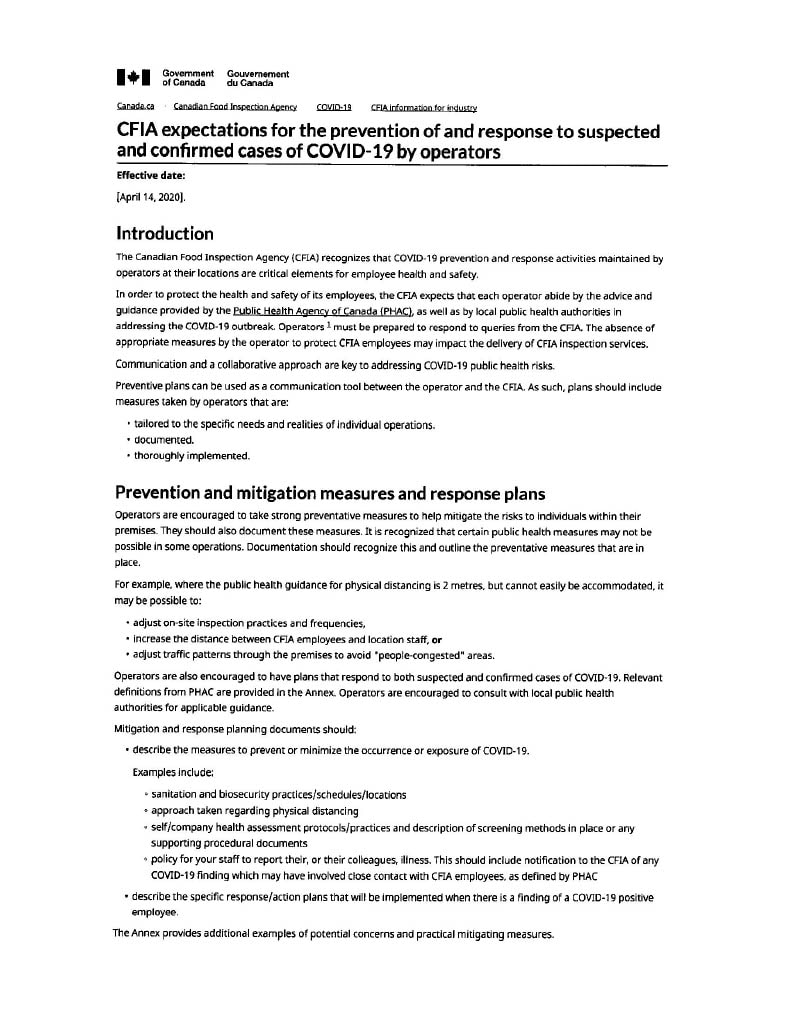
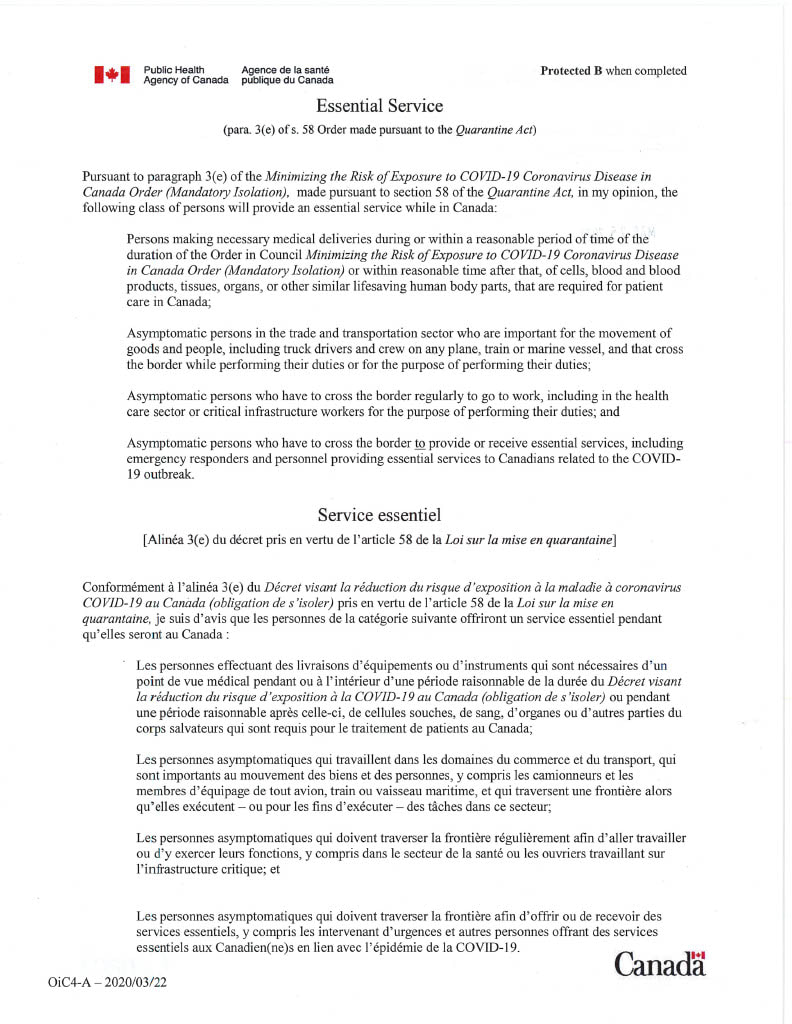
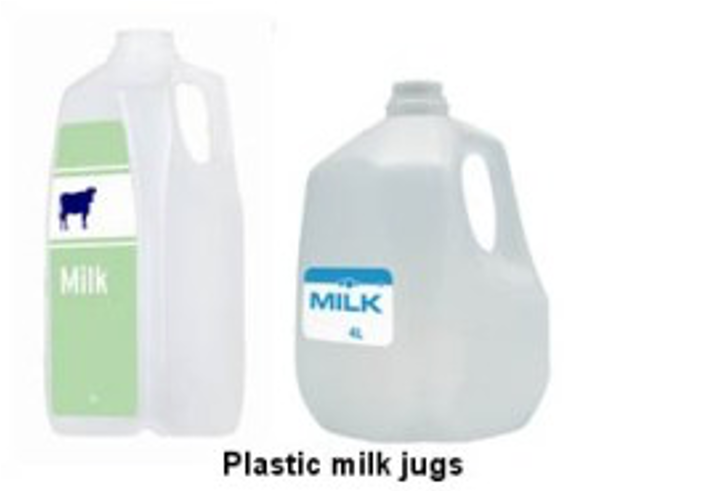
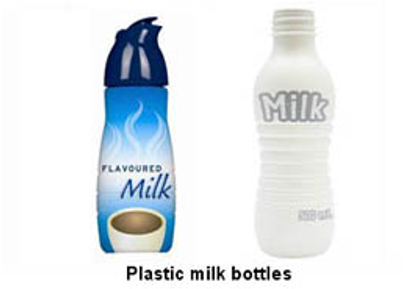
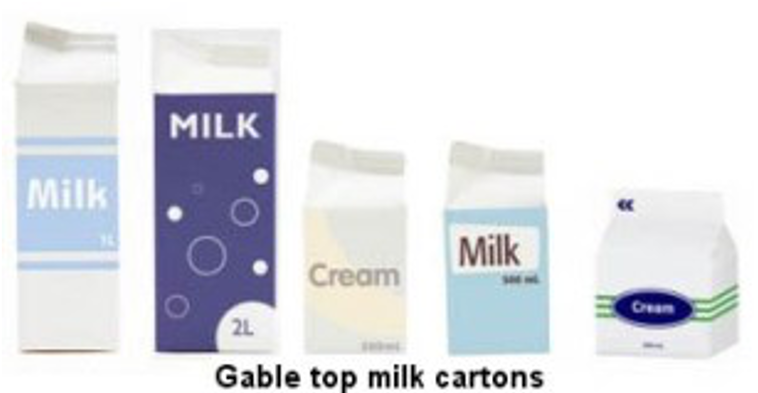
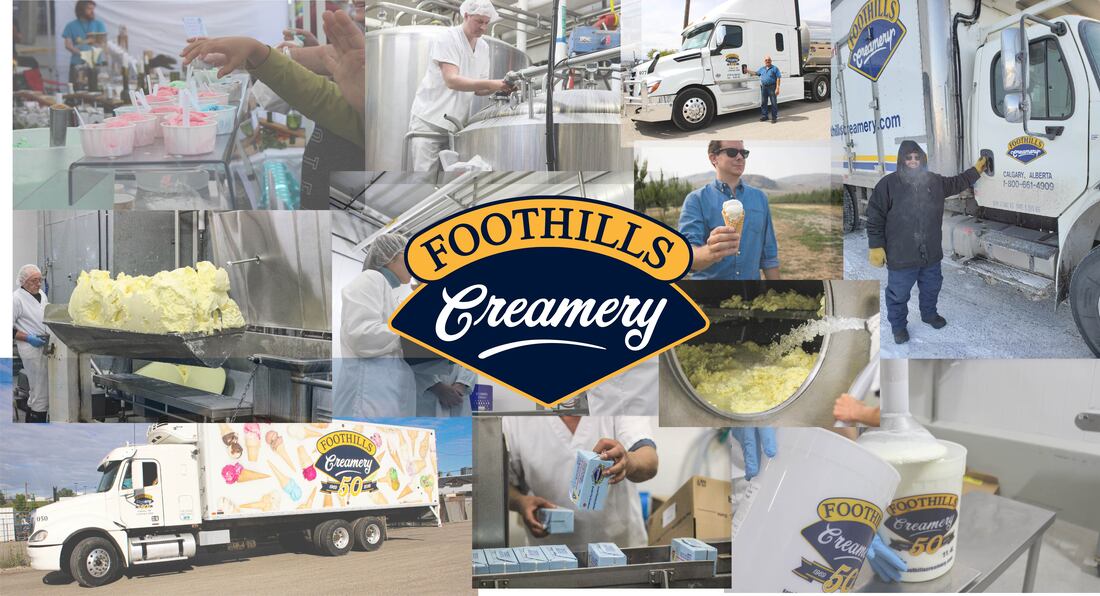
 RSS Feed
RSS Feed
